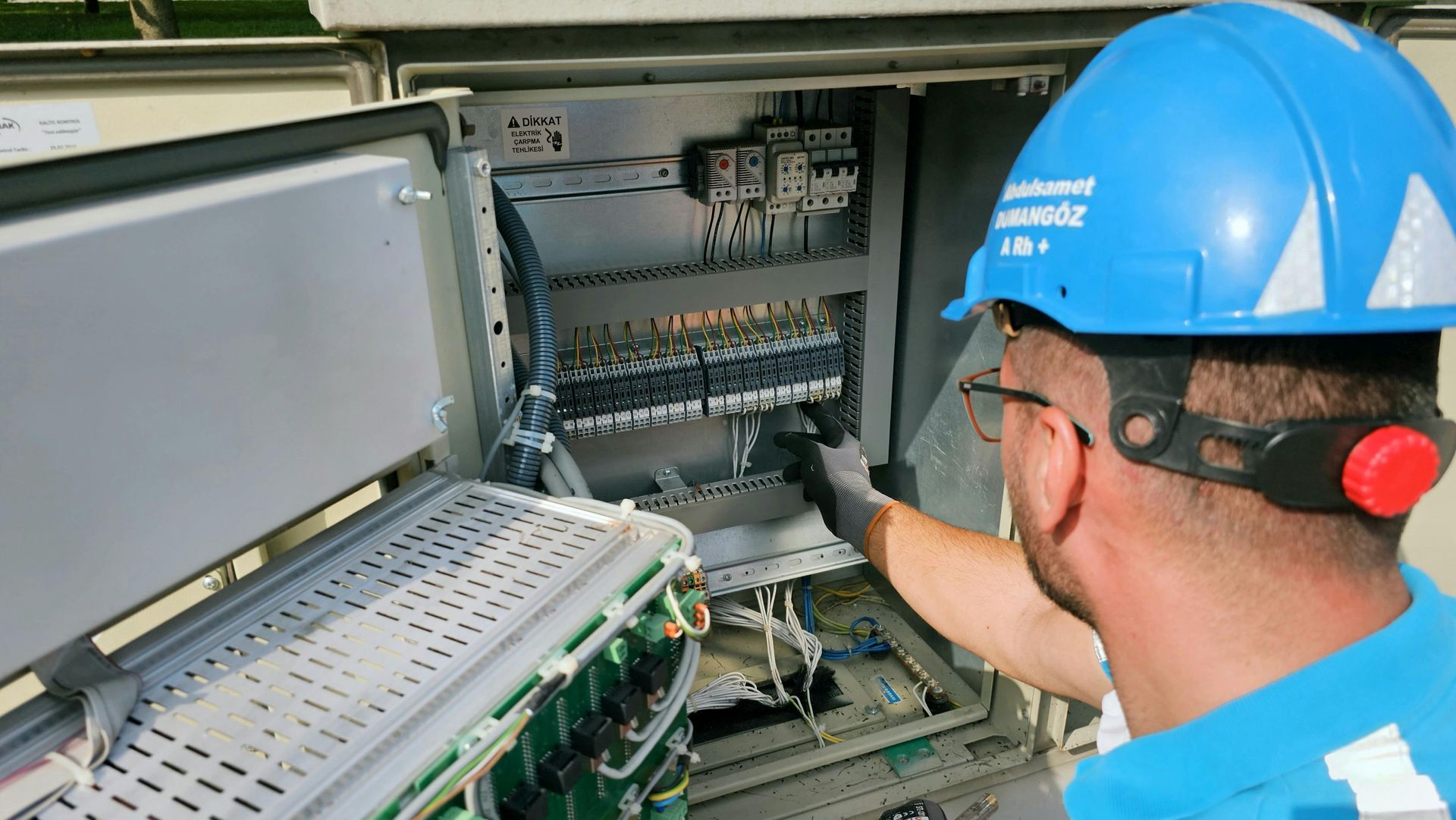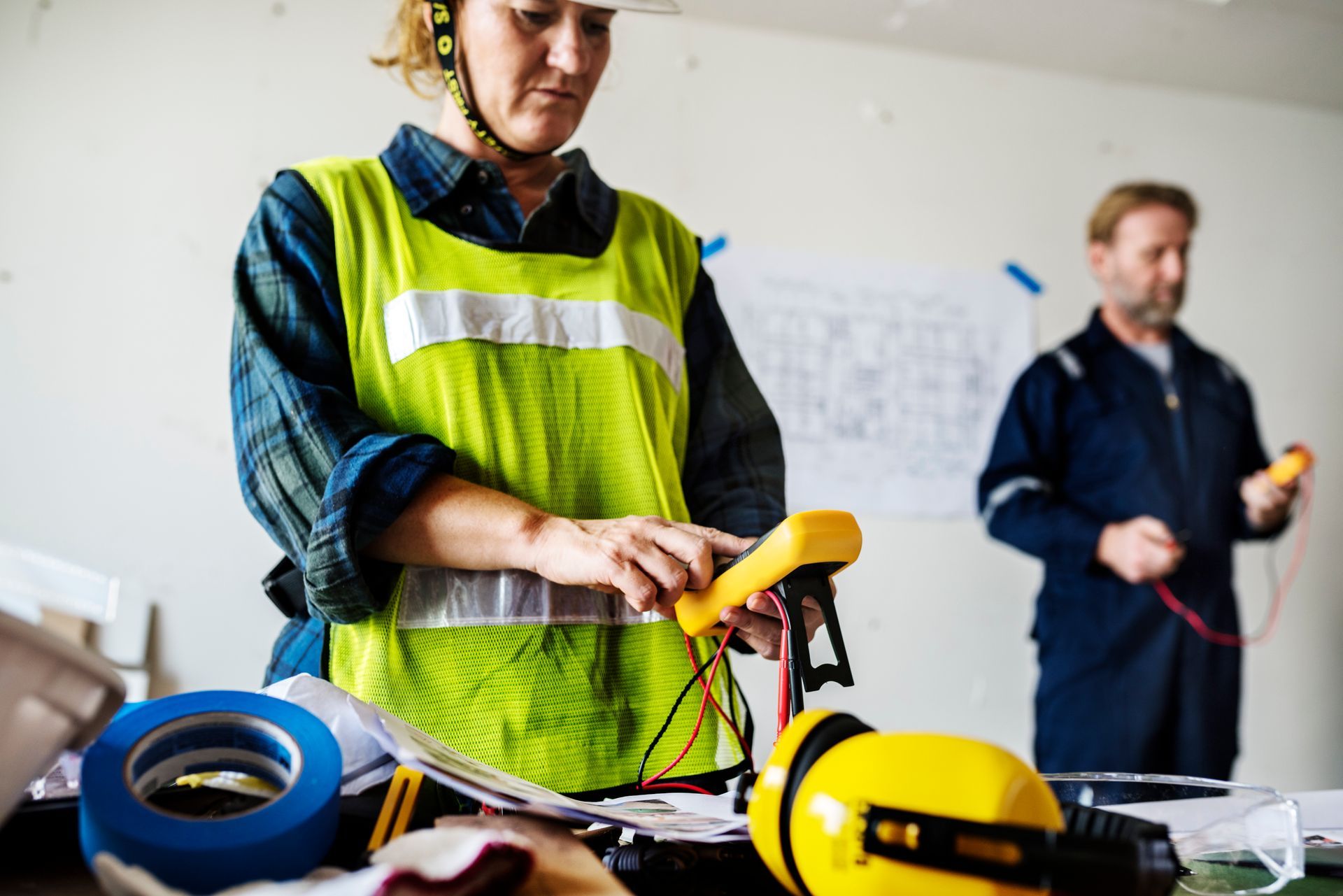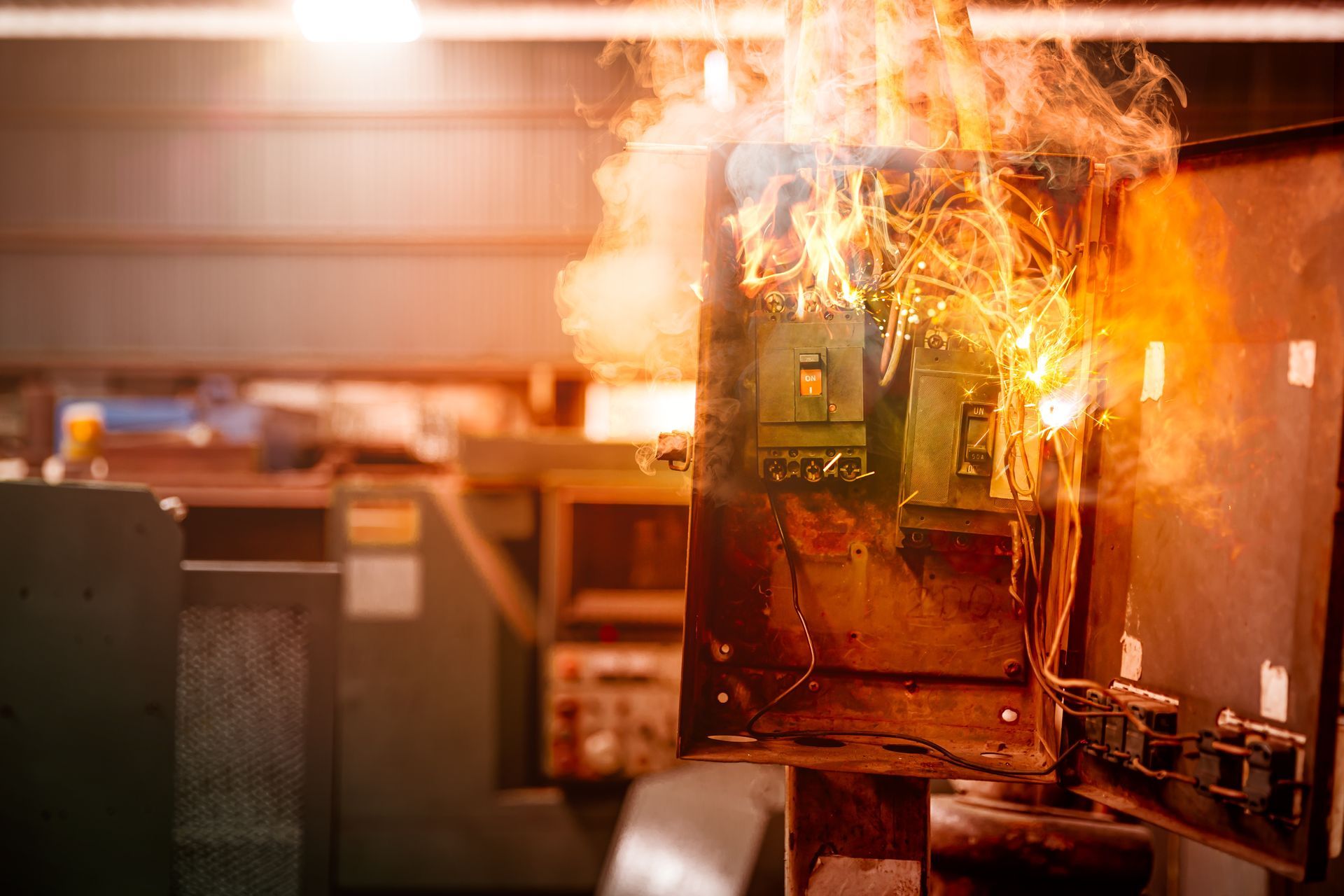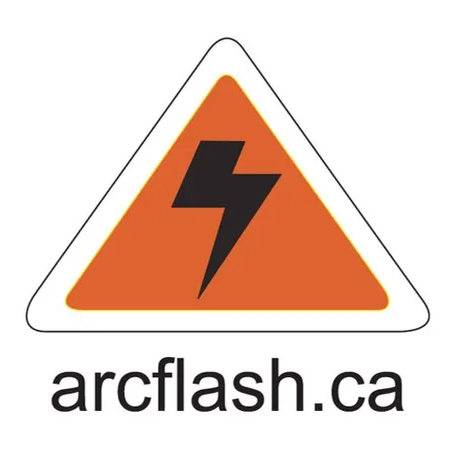Two New Electrical Safety Courses From Arcflash.ca & Major Changes To IEEE 1584!
September Newsletter - 2018!

Summer is over, but Fall brings lots of exciting new things in the world of electrical safety! With two great new training programs available, including Electrical Safety Certification For Non-Electricians and Electrical Safety Certification For Millwrights & Industrial Mechanics, as well as a comprehensive video from an Engineer colleague in the U.S., Jim Phillips, on the next edition of IEEE 1584, we hope you enjoy our September Newsletter. Don’t forget, the Arcflash e-Learning Store is now up and running! Click here to check it out!
2018 IEEE 1584 - NEW VIDEO
Major Changes to the Next Edition
Jim Phillips, P.E.
In this one-hour video, Jim discusses the major changes to the
next edition of IEEE 1584, as well as provides a bit of the history surrounding the last
16 years of the standard's development. Click here
to watch online. Have
questions? Give the team at archflash.ca a call. We’re always happy to help!
Electrical Safety Certification For Non-Electricians Course
A Course that will help to reduce the risk to skilled workers who are not electricians, but who may be exposed to electrical hazards.
Based on the 2018 edition of CSA Z462 Workplace Electrical Safety Standard. Intended for facilities maintenance and management personnel, custodians, Maintenance Supervisors, HVAC Technicians, Service Technicians, Solar and Wind Generator Installers, and other workers who are exposed to electrical hazards as part of their job duties.
The content of this half-day course can be customized to meet specific in-house needs
Topics may include:
- Safety with electrical test instruments
- Electrical Specific PPE and clothing
- Lockout
- Flexible Cords
- Electrical Incident Response and Management
For further information, please contact: len@arcflash.ca, 905 691 2880
Electrical Safety Certification For Millwrights & Industrial Mechanics Course
A Course that will help to reduce the risk to skilled workers who are not electricians, but who may be exposed to electrical hazards.
Based on the 2018 edition of CSA Z462 Workplace Electrical Safety Standard . Intended for Millwrights and Industrial Mechanics who are exposed to electrical hazards as part of their job duties
The content of this full-day, practically based course can be customized to meet specific in-house needs
Topics include:
- Electrical hazards of arc flash and shock
- Lockout (Establishing an Electrically Safe Work Condition)
- Limits of Approach
- Safety with electrical test instruments
- Electrical Specific PPE and clothing
- Fuseology
- Safety with the installation and removal of cartridge fuses
For further information, please contact: len@arcflash.ca, 905 691 2880
Happy Labour Day - It’s Back to Work!
Labour Day in Canada is celebrated on the first Monday of September. It originally gave workers the chance to campaign for better working conditions or pay. The day is now part of a long weekend for many Canadians.
Labour Day is a time when many Canadians can relax and unwind from work or studies.
What Do People Do?
Traditionally, Labour Day was an occasion to campaign for and celebrate workers' rights during parades and picnics organized by trade unions. These still play a role in Labour Day for some Canadians, but many people see the first Monday in September as an opportunity to take a late summer trip, perhaps to their country cottage, or enjoy the company of family or friends at picnics, fairs, festivals and fireworks displays. For teenagers and other students, the Labour Day weekend is the last chance to celebrate with a party or to go on a trip before school re-opens for the new academic year. Canadian football fans may spend a large proportion of the weekend watching the Labour Day Classic matches live or on television. The Labour Day Classic consists of three games between high ranking teams in the Canadian Football League. One match is played on the Sunday before Labour Day and two on Labour Day.
Background
The origins of Labour Day can be traced back to April 15, 1872, when the Toronto Trades Assembly organized Canada's first significant demonstration for worker's rights. The aim of the demonstration was to release the 24 leaders of the Toronto Typographical Union who were imprisoned for striking to campaign for a nine-hour working day. At this time, trade unions were still illegal and striking was seen as a criminal conspiracy to disrupt trade. In spite of this, the Toronto Trades Assembly was already a significant organization and encouraged workers to form trade unions, mediated in disputes between employers and employees and signaled the mistreatment of workers.
There was enormous public support for the parade and the authorities could no longer deny the important role that the trade unions had to play in the emerging Canadian society. A few months later, a similar parade was organized in Ottawa and passed the house of Canada’s first prime minister, Sir John Macdonald. Later in the day, he appeared before the gathering and promised to repeal all Canadian laws against trade unions. This happened in the same year and eventually led to the founding of the Canadian Labour Congress in 1883.
Labour Day was originally celebrated in the spring but it was moved to the fall after 1894. A similar holiday, Labor Day is held on the same day in the United States of America. Canadian trade unions are proud that this holiday was inspired by their efforts to improve workers' rights!
We hope you enjoyed all of the information in our September Newsletter and look forward to hearing from you, as well as bringing more up-to-date electrical safety information and tips in our October Newsletter!
As always, you are invited to contribute a story or a question that you would like to bring forward to other readers, related to workplace electrical safety or lockout, including PPE and safety equipment. Please send your stories and questions to Len at len@arcflash.ca. You can also continue the conversation with us on our Linkden Workplace Electrical Safety Communications group!












